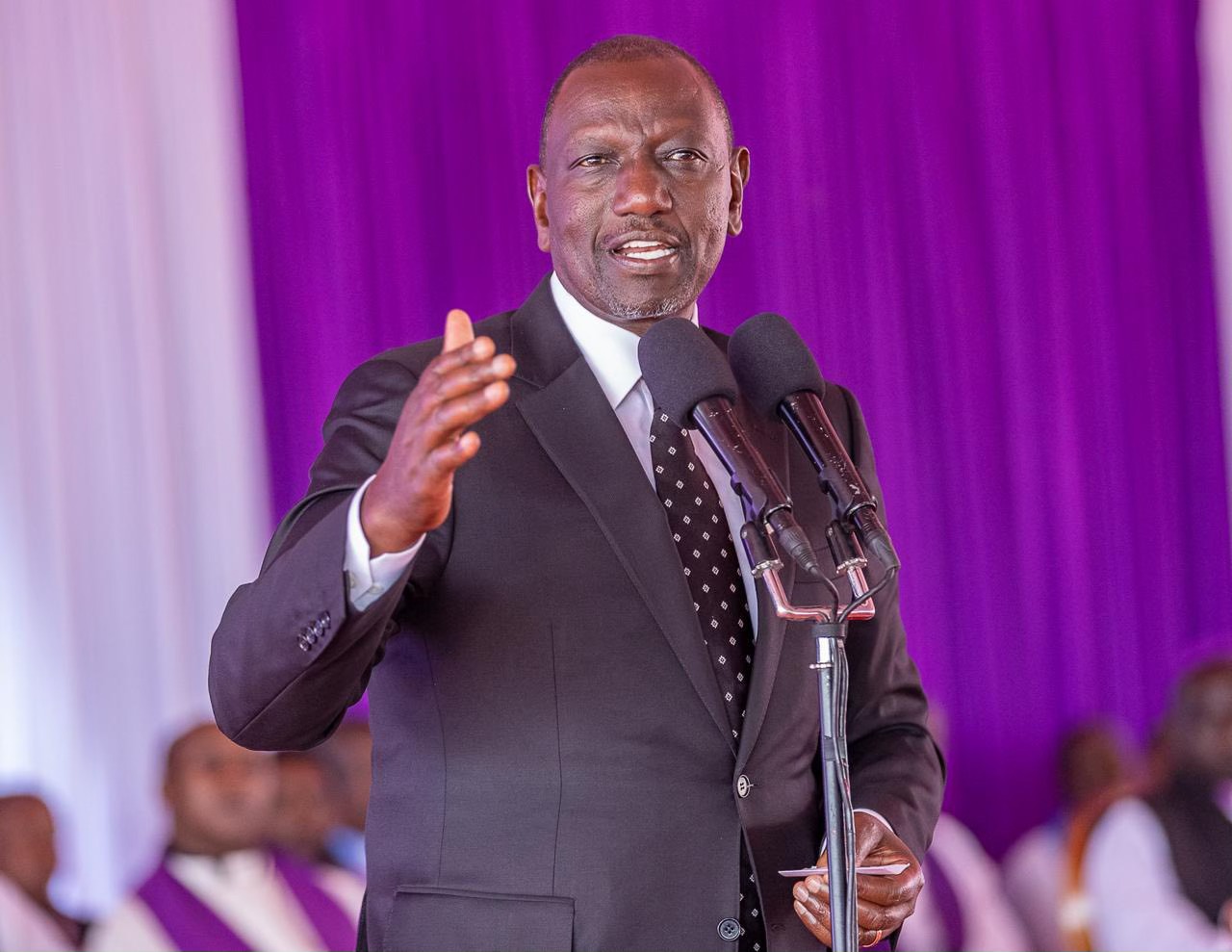Nigerian Court Orders TikTok Influencers to Marry After Viral Kissing Video

A court in Kano, Nigeria, has ordered two TikTok influencers to get married after a video of them passionately kissing went viral, sparking outrage in the country’s conservative northern region. The decision, delivered by a magistrates’ court on Monday, has generated intense discussion online about morality, freedom of expression, and the growing clash between social media culture and traditional values.
The court instructed Kano’s Hisbah, the state’s Islamic police, to solemnize the marriage within 60 days. According to Baba-Jibo Ibrahim, the Kano state judicial spokesman, the magistrate ruled that “the Hisbah should join the man and the woman in marriage since they are so deeply in love as to make romantic displays on TikTok.” Kano is one of twelve predominantly Muslim states in northern Nigeria where Sharia law operates alongside common law, giving religious authorities the power to handle cases of moral conduct.
Why Were the TikTokers Ordered to Marry?
The video featured influencers Idris Mai Wushirya and Basira Yar Guda cuddling and kissing, an act many in Kano deemed “indecent.” Following public backlash, Mai Wushirya was arrested and remanded in custody ahead of the ruling, while Yar Guda reportedly went into hiding. Hisbah director-general Abba Sufi confirmed that the court’s order was being acted upon and preparations for the wedding had already begun. “Although the court said we should conduct the marriage within 60 days, we are determined to do it as soon as possible,” he said.
Mai Wushirya’s parents appeared before Hisbah officials on Monday and gave their “explicit consent” for the marriage, while efforts were underway to contact Yar Guda’s family. Sufi added that the Kano state government was planning to buy a house for the couple, as Yar Guda reportedly insisted that she would not live in a rented home.
What Does This Mean for Content Creators in Kano?
The ruling reflects the growing tension between Nigeria’s digital creators and traditional authorities in states governed by Sharia law. Kano, home to the thriving Hausa-language film industry, Kannywood, produces over 200 films monthly and forms a major part of Nigeria’s “Nollywood” ecosystem. However, both Kannywood and online content creators have faced strict scrutiny from religious leaders and the state’s censors board.
In recent years, several TikTokers and entertainers have been arrested and jailed for content deemed inappropriate or contrary to Islamic values. The latest case involving Mai Wushirya and Yar Guda highlights the ongoing debate over personal freedom, faith, and cultural identity in Nigeria’s digital space.
By Risper Akinyi










